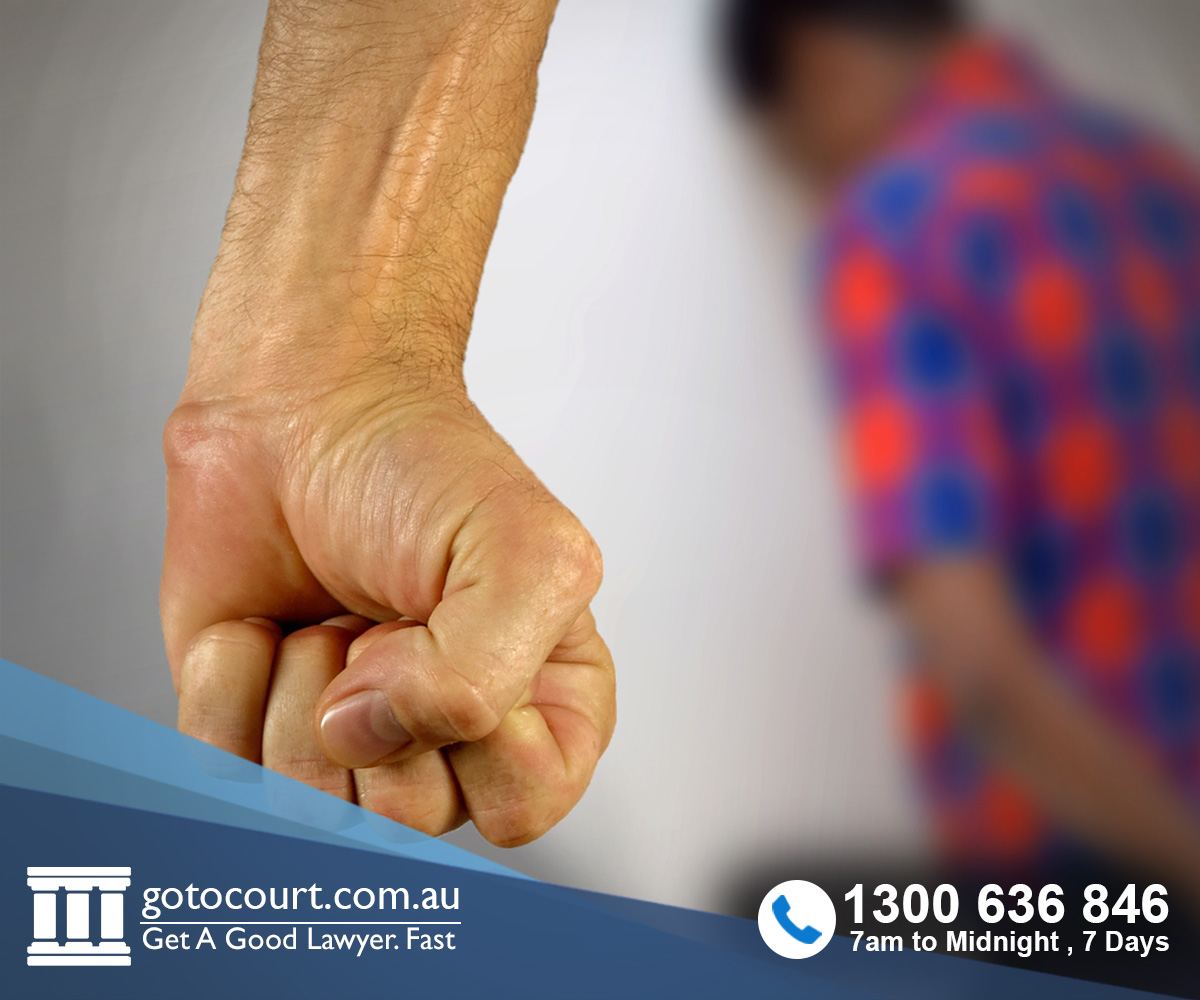Murder and Manslaughter in Brisbane
Murder, attempted murder, and manslaughter are the most serious crimes that can be laid against a person. In Queensland, offenders found guilty of any of these offences can be sentenced to life imprisonment. This article deals with murder and manslaughter in Brisbane and the rest of Queensland.
The main difference between murder and manslaughter is the element of intent, i.e. the prosecution must prove that the defendant intended to kill their victim and therefore are guilty of murder. Intent, therefore, plays a big part in determining both which charge(s) will be laid and the sentence likely to be imposed if a defendant is found guilty. Chapter 28 of the Criminal Code 1899] outlines the different homicide offences in Queensland and the types of charges that can be laid.
‘To cause someone’s death’: Meaning
The type of charges that can result from a person’s death will be determined by the circumstances of what occurred – the facts of the matter. A person will be deemed to have killed another person if they cause the death of another either directly, or indirectly, by whatever means. A person can also be deemed to have killed another person if, by using threats or intimidation, they cause that other person to do an act which results in their death. One well-known case of domestic violence murder arose because the victim was in such great fear for her own well-being that she leapt from a fourth-floor apartment to escape her violent partner and was killed as a result. This is also an important aspect of the seriousness of intense bullying which leads to a person committing suicide.
Where a person purposely injures someone when no medical assistance is available, and those injuries cause the person to die, it is immaterial to the charge of murder whether, with proper medical treatment, that person may have lived. A person who injures another is also responsible for the person’s death if the medical treatment provided because of the injuries sustained causes the person to die.
Murder in Brisbane
Murder is defined in section 302 of the Code as the wilful killing of a person either intentionally, or with reckless indifference. The term ‘reckless indifference’ does not include dangerous driving causing death, which is a separate offence under the Code. While for most murder charges the intent to kill is the main element, this does not apply if grievous bodily harm was done to a victim who subsequently dies. The element of intent can also be waived if the actions of the person were likely to endanger human life, and the result was death, such as is the case with domestic violence.
If a person is convicted of murder, the punishment is life imprisonment, which cannot be mitigated, or varied. An ‘indefinite sentence’ under part 10 of the Penalties and Sentences Act 1992 may also be imposed. This means that the sentence will continue until a court discharges it and releases the person.
A person can also be charged with being an ‘accessory after the fact’ to murder, which can also result in life imprisonment even if they were not the person who actually carried out the killing.
It is also an offence to conspire with another to commit murder and, if found guilty, could result in a term of imprisonment of 14 years being imposed.
Manslaughter in Brisbane
In Queensland, a manslaughter charge is defined in section 303 of the Code. It arises when a person unlawfully kills another under circumstances that do not constitute murder.
For example, if the elements of the offence meet the criteria for murder, but the circumstances surrounding the offence included sufficient provocation and the act that resulted in the killing was done in the heat of the moment, the charge can be – and almost invariably is – reduced to manslaughter. This is partly because the prosecution must be certain they can prove their case before a jury and a finding of guilt to the lesser charge is preferred to a finding of innocence for a more serious charge.
The defence of provocation does not apply, however, to domestic relationships where the provocation was based on anything relating to the end of or change to their relationship.
Where more than one person is involved in the killing of another person, the matter can become significantly more complex. It is quite common for one person to be charged with murder, while the other may be charged with manslaughter. Again, this will be determined by the element of intent – the first person might fully intend to attack with an intent to kill while the other honestly held the opinion that they were merely going to assault the victim.
The defence of ‘diminished responsibility’ can also be used to downgrade a murder charge to one of manslaughter. The penalty for manslaughter under section 310 of the Code is also life imprisonment. However, unlike murder, mitigating circumstances of the offence can be taken into consideration by the Judge to impose a lesser sentence, and this is most commonly the case.
Attempted Murder
A charge of attempted murder is defined in section 306 of the Code. This charge will be laid if a person makes a serious attempt to kill another person or deliberately do any act which is likely to endanger human life. While the victim may survive due to interceding medical treatment, or some other reason, this fact does not reduce the seriousness of the offence. The maximum penalty for this offence is also life imprisonment. However, similar to the treatment of manslaughter charges, the penalty can be reduced when mitigating circumstances are taken into consideration by the court.
A Good Defence Team Is Needed
Any person who faces a charge relating to the killing or attempted killing of another person faces a huge and life-changing legal battle. They will need sound legal counsel and a dedicated team of lawyers behind them to ensure that they are properly defended. The Go To Court Criminal Law Team are ready to help with any matter related to these types of charges.







